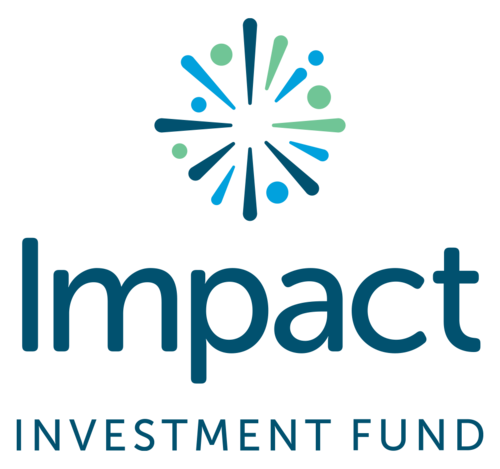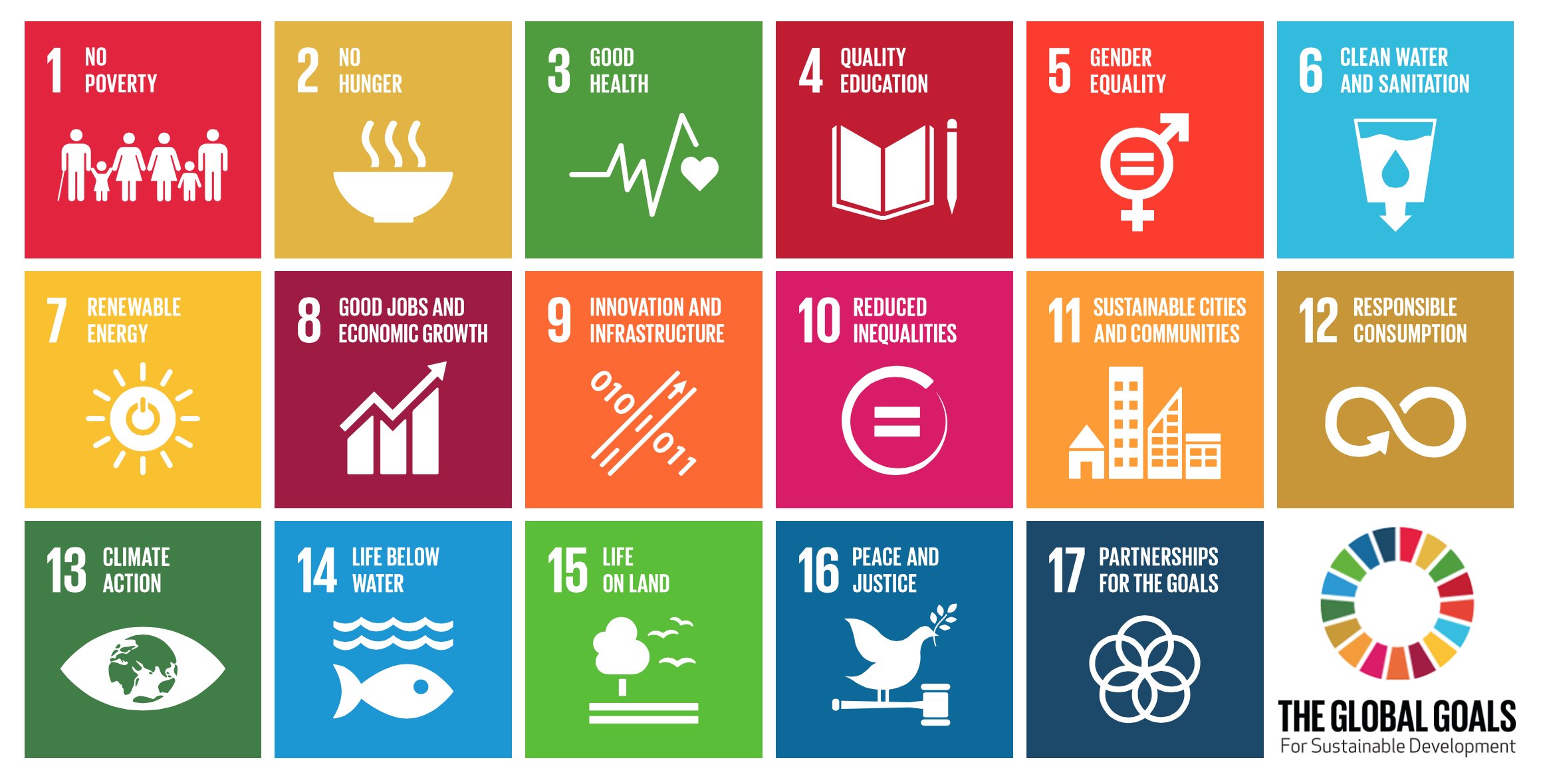How corporate Australia is embracing Sustainable Development Goals
In 2015 the United Nations issued a landmark agenda designed to propel the globe into a more prosperous, sustainable and environmentally friendly future by the year 2030.
Entitled the “Sustainable Development Goals” (SDG), it featured 17 specific goals and 169 targets affecting all counties of the world in a bid to reduce poverty, and increase wellbeing without destroying the earth.
Critically, these weren’t goals left in the hands of governments alone to initiate. The UN was calling on business, corporates and individuals to play their part.
Two years later, here’s an insight into how sustainable development goals are playing out in the Australian corporate world.
A quick snapshot of the SDG
The sustainable development goals cover a broad spectrum of global issues, ranging from a commitment to ending hunger and poverty, to improving access to education, addressing gender inequality, and protecting the environment.
After two years, Australia currently ranks 26th globally in terms of its performance and progress meeting these goals.
And it’s clear we do better in some areas than others. According to the Sustainable Development Goal index we rank high on clean water, health and education, yet our commitment to climate action, ocean health and forming partnerships to address these goals falls short.
The role of corporates
A year after the UN’s landmark announcement Australian business came together to outline its support as part of the Global Compact Network Australia (GCNA), with 30 prominent CEOs signing off on their commitment to change.
At the time GCNA executive manager Alice Cope noted: .”..this incredible list of CEOs showing support for the SDGs demonstrates the private sector’s willingness to contribute to realising a sustainable future for Australia and the world”.
“There are a range of ways the private sector can contribute to the SDGs – through responsible business operations, new business models, investment, innovation and technology, and collaboration,” said Ms Cope.
So who’s doing what?
Each year the Australian Centre for Corporate Social Responsibility (ACCSR) surveys business, and this included a focus on the SDG.
They found after business had spent the first year cross-referencing their existing strategies against the SDG and formulating plans, 2016-2017 saw them mapping out strategies.
“...organisations are assessing their impacts through the lens of the SDGs, setting targets, developing partnerships, and reporting performance,” they noted.
The survey also noted the following:
● Senior executives are much more aware than other managers of the SDGs.
● 43% of respondents reported a behaviour change in their organisation as a result of mapping the SDGs to reporting or strategy.
● The top 3 SDGs being addressed by respondents’ organisations are Gender Equality, Good Health and Wellbeing, and Industry, Innovation and Infrastructure.
● The most challenging SDGs to address are Climate Action, Gender Equality, and Economic Growth and Decent Work.
● Organisations are more likely to set targets for Gender Equality than any of the other SDGs.
A case study
South32 is a global resources company listed on the Australian stock exchange, and in 2016 was among the companies ACCSR flagged for the commitment their staff believe this corporate has to the SDG.
South32 not only outlines 11 of the 17 SDG goals it is committed to but the actions it is undertaking to meet them.
As an example of how they implement the SDG into their operational framework, this is just a glimpse of four SDGs and the resulting South32 actions:
SDG 1 (No poverty) - “reduce poverty through direct employment, local procurement and the payment of taxes and royalties which enable the development of essential social and economic infrastructure”.
SDG 3 (Good health and wellbeing) - “work to eliminate exposures to safety and health risks, while running wellness programs to promote a healthy workforce and include community investment projects on malaria and tuberculosis reduction”.
SDG 4 (Gender equality) - “have set ambitious targets that focus on gender and ethnicity. To achieve these targets, a number of initiatives have been implemented, including attraction of female engineers, closing the gender pay gap, redesigning work and a flexible work environment”.
SDG 6 (Clean water and sanitation) -”recognise we are a significant user of water resources and have a responsibility to utilise water appropriately within the context of each catchment. Our material water-related risks are assessed and managed through our risk assessment, planning and projects group”.
Final thoughts
South32 is just one corporate entity attempting to implement the SDG into their operation for real global change.
As noted by Alice Cope of the Global Compact Network Australia: “We are seeing companies embrace the SDGs both in recognition of the critical role they have in contributing to the agenda but also the upside to their businesses in doing so. The SDGs provide a framework for both risk management and opportunity.
“Businesses that are able to offer solutions to the local and global sustainability challenges represented by the goals will build resilience, find new markets and position themselves competitively for the future,” said Ms Cope.
“Moreover, businesses can proactively collaborate with others to achieve each of the SDGs through sustainable business operations, responsible investment and innovation. International trade may be part of the solution, using supply chains as a powerful mechanism to also provide aid and resources to the developing world.”
Our partners can help you play your part
One10 can assist with the planning and opportunities available to corporate bodies looking to embrace the Sustainable Development Goals and integrate them into their Corporate Social Responsibility.
You can learn more about our services here, or contact us directly for further advice.
Impact Investment Fund supports UN PRI & SDG
Through our Founders past experience, as a Board Director of the United Nations Association of Australia (UNAA), Impact Investment Fund has adopted the use of the UN Principles for Responsible Investment and Sustainable Development Goals #GlobalGoals, in aligning our investment focus to actively seek investments across all 17 Goals.
Read more here


